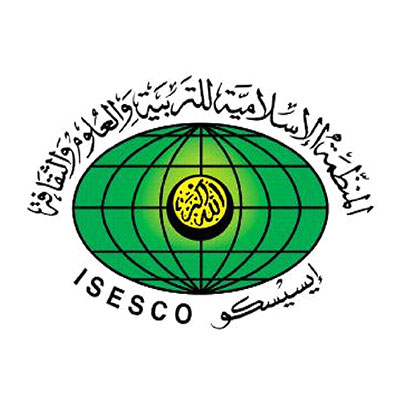ISLAMABAD ( BMZ REPORT )
Participants of the 8th Islamic Conference of Ministers of Higher Education and Scientific Research entitled, “Higher Education: Quality and Sustainability”, lauded the achievements of Higher Education Commission (HEC), Pakistan in the country’s higher education sector. Prof. Dr. Mukhtar Ahmed, Chairman HEC represented Pakistan in the conference, which was attended by ministers and educationists from 57 Muslims countries of the world.
The conference was organized by Islamic Educational, Scientific and Cultural Organization (ISESCO) in coordination with Organization of Islamic Cooperation (OIC) and Malian Higher Education and Scientific Research Ministry in Bamako, Republic of Mali. Mr. Ibrahim Boubacar Keita, President of Mali addressed the opening ceremony. Mr. Muhammad Naeem Khan, Assistant Secretary-General, OIC was also present on the occasion.
The session was followed by a roundtable conference on “Modern Technology for Enhancing Higher Education and Scientific Research” in the presence of several ministers and heads of delegations and experts from the Member States. The roundtable was chaired by Dr Abdulaziz Othman Altwaijri, ISESCO Director General and moderated by Dr. Tariq Mehmood, Director, Directorate of Science and Technology, ISESCO. It sought to exchange ideas and information on the application of modern technologies for enhancing higher education and research, discuss the possibility of sharing cloud technology between the Member States, and explore the possibility of raising the level of higher education in science and technology in OIC Member States using Massive Open Online Courses (MOOCs).
Prof. Dr Anasse Bouhlal, Principal (SCM), Tampere University of Applied Sciences, TAMK, Finland, and Prof. Dr Zia-ul-Qayyum, Vice Chancellor, University of Gujrat, Pakistan, made two academic presentations respectively on “Massive Open Online Courses (MOOCs): Opportunities and Challenges for Member States” and “Learning Management Systems: Tool for Enhancing Quality of Higher Education and Research”.
Discussions during this roundtable focused on introducing those modern technologies which can help increase quality of higher education and research in Member States. The speakers laid emphasis on the fact that the Learning Management System has a very strong capability of improving the quality of higher education from preparation to delivery and assessments.
The 8th Islamic Conference adopted the “Bamako Declaration” and recommended promoting scientific research and strategic studies on sustainable development and major societal challenges preoccupying the people of Member States. The participants urged more attention to the industrial sector by strengthening such key technological fields as ICTs, nanotechnology, materials and manufacturing processes. They stressed the need for devising common policies, establishing joint institutions and creating networks to encourage scientific research in innovative disciplines and in novel fields in order to advance higher education, scientific research and innovation, in line with Member States’ policies, priorities and needs. Also recommended was the increased application of ICTs in teaching and research to ensure enculturation of quality in higher education and bring excellence in innovation and R&D in universities. The need for attention to ICT-based applications like Distance Learning, Learning-Management Systems, or Scoreboards/Dashboards for Innovation and development was also stressed.
The declaration urged Member States to pay more attention to the issues of private higher education by supporting and promoting it, while endeavoring to provide effective mechanisms and appropriate systems to ensure quality, accreditation, governance and suitability in this education pattern, and taking interest in aligning its specializations and outputs with the society’s developmental needs, in such a way as to entrench its interaction and integration with public higher education and strengthen national policies in this connection. Moreover, participants underlined the importance of addressing the issues of youth and women in science and the necessity of establishing and invigorating academies and networks in the various areas of science to support these two important social categories and encourage them to pursue their scientific vocations and fulfill their research aspirations, and securing a favorable environment to help them play a vital role in the promotion of scientific knowledge, technology and innovation in the Islamic world.
It was decided that the next Islamic Conference of Ministers of Higher Education and Scientific Research will be held in Pakistan.

